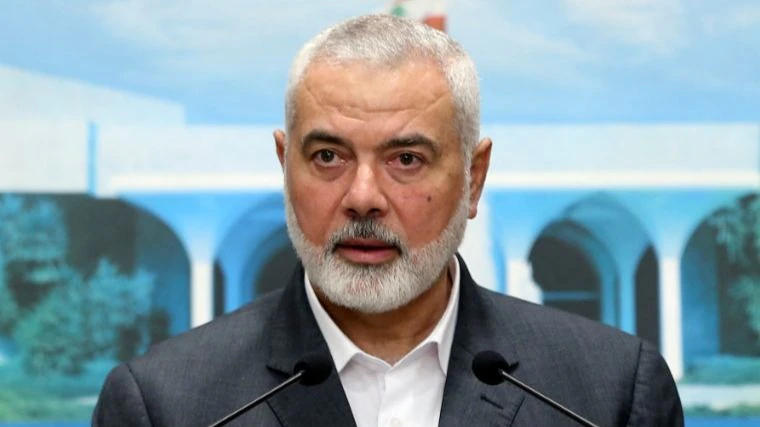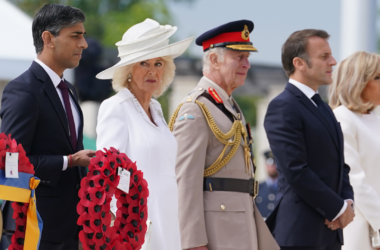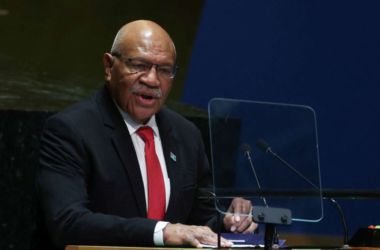Ismail Haniyeh, a leading figure in the Palestinian militant group Hamas, was killed on Wednesday at the age of 62 during a visit to Tehran, Iran. The death of Haniyeh, who had been living in exile as the group’s political chief, marks a significant escalation in the already fraught relations between Israel and Hamas. His assassination raises serious questions about Israel’s ongoing strategy and its impact on the long-standing conflict in Gaza.
Haniyeh, originally from the Shati refugee camp in northern Gaza, was a key player in Hamas’s political and military strategies for decades. He was instrumental in the group’s electoral victories, its responses to Israeli military actions, and its efforts to negotiate ceasefires. Most recently, Haniyeh had been at the forefront of indirect talks aimed at ending the nearly 10-month-old war in Gaza, which has seen unprecedented levels of violence and destruction.
In 2003, Haniyeh narrowly escaped an Israeli assassination attempt that claimed the life of his mentor and the founder of Hamas, Sheik Ahmed Yassin, in 2004. Despite such attempts on his life, Haniyeh remained a steadfast figure within Hamas, known for his resilience and his refusal to capitulate under pressure. His rhetoric often echoed this defiance, as he urged Palestinians to remain resilient and seek retribution against Israel.
Haniyeh was in Tehran attending the inauguration of Iran’s new president, Masoud Pezeshkian, when he was killed. His presence there underscores the deepening ties between Hamas and Iran, part of a broader alliance that includes Hezbollah in Lebanon and the Houthis in Yemen. This “axis of resistance” has long been viewed by Israel as a significant threat, and Haniyeh’s assassination could be seen as an attempt to weaken this network.
Born in 1962 in the Shati refugee camp, Haniyeh was deeply shaped by his family’s displacement during the 1948 Arab-Israeli war, when they were forced to leave their home in what is now the Israeli city of Ashkelon. This personal history of loss and exile informed much of his political career, which began in earnest in the late 1980s when he became one of Hamas’s founding members.
Over the years, Haniyeh was repeatedly targeted by Israeli forces, and he served multiple prison sentences in Israel during the 1980s and 1990s. His political ascent began in earnest in 2006 when he became the leader of Hamas in Gaza, following the group’s electoral victory. After moving to Qatar in 2017, Haniyeh continued to exert significant influence over Hamas’s activities in Gaza, where he was succeeded by Yahya Sinwar, a hardliner who played a major role in orchestrating the October 7 attacks on Israel.
Haniyeh’s life was marked by personal tragedy as well. In April of this year, three of his sons were killed in an Israeli airstrike near Gaza City. Despite this immense loss, Haniyeh remained resolute, a characteristic that defined his leadership. “We shall not give in, no matter the sacrifices,” he said at the time, reflecting the unyielding stance that has been a hallmark of Hamas’s approach to its conflict with Israel.
The killing of Ismail Haniyeh is likely to have significant repercussions, not only for Hamas but for the broader region. It raises critical questions about the effectiveness and morality of Israel’s strategy of targeted assassinations, which often results in further escalation rather than resolution. As the Gaza conflict drags on, the cycle of violence and retaliation shows no signs of abating, leaving a trail of destruction and loss in its wake.








